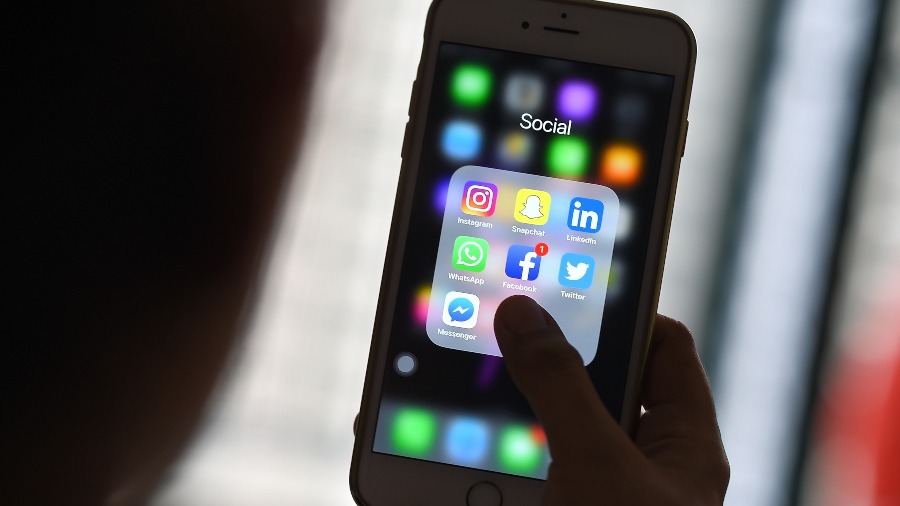
An investigation of this medium realizes how Facebook has given priority to punishing inappropriate behavior in prosperous, large countries or with media attention.
An investigation by the British newspaper The Guardian shows how the social network Facebook acted negligently and slowly in cases of information manipulation, as well as harassment of political opponents on its platforms.
This, according to the media, although the technology company was alerted to this situation.
According to The Guardian, in situations that occurred in large countries such as the United States, Taiwan, South Korea, or Poland, Facebook’s response teams to inappropriate content acted quickly. On the other hand, when abuses occurred in smaller or poorer countries, such as El Salvador, Honduras, or Mongolia, the response took significantly longer to arrive.
SEE: Nayib Bukele “must respect media freedom,” says Joe Biden’s adviser
In the case of El Salvador, of which the article does not provide further details or when it happened, Facebook took 94 days to address a complaint of non-genuine behavior. This involves creating fake or anomalous accounts to “inflate” the content of some political leader. This is in contrast to the cases in Taiwan, where it took 11 days; Philippines or the United States, where it took seven days; or even Poland, where Facebook settled in just one day.
According to The Guardian, this contrast is due to the fact that the technology platform “prioritized addressing abuses that attract more media attention or affect the United States or other rich countries.”
In addition, The Guardian quotes Sophie Zhang, a Facebook exemplary who stated that “there is a lot of bad work done by Facebook that is not answered because it is not considered a public relations risk large enough for Facebook.”
In recent years, social media platforms have served to shield networks of misinformation, manipulation, and characterization of adversaries as enemies through hate speech and cyberbullying.
This has empowered authoritarian leaders and extremist or hate speeches around the world. That is why companies such as Facebook or Twitter have been harshly criticized for not acting in a timely manner to avoid this distortion of information.
ALSO: APES does not rule out that closure of FocosTV is due to censorship
Upon saying goodbye to this company in September 2020, data analyst Sophie Zhang left a memorandum in which she gave an account of how “she found multiple and explicit attempts by foreign governments to abuse our platform ( Facebook) on a large scale to deceive its own citizenship “and added a lament:” I know I have blood on my hands. “
Faced with allegations that Facebook sees no incentive to combat misinformation in small countries, a spokeswoman for the company, Liz Bourgeois, said that “we fundamentally disagree with Zhang’s characterization of our priorities and efforts to remove the abuse of our platforms “.
He added that the company seeks to “aggressively” remove inappropriate content around the world and have removed more than 100 networks of inappropriate behavior worldwide, including Latin America.
Case of Honduras
While The Guardian’s investigation does not show more information about the Salvadoran case, it does report similar abuses in Honduras, where President Joan Orlando Hernández received 90% of the entire contents of these fake or anomalous accounts.
Zhang found that the president’s staff was involved in this manipulation by managing networks with hundreds of thousands of fake interactions, such as “likes,” comments, or replicated content.
Demolishing this network took him 344 days on Facebook, according to The Guardian report and information from ex-Sophie Zhang. Almost a year more than it took to address a similar situation in Poland.
YOU MAY BE INTERESTED IN: Factum journalist is threatened with death